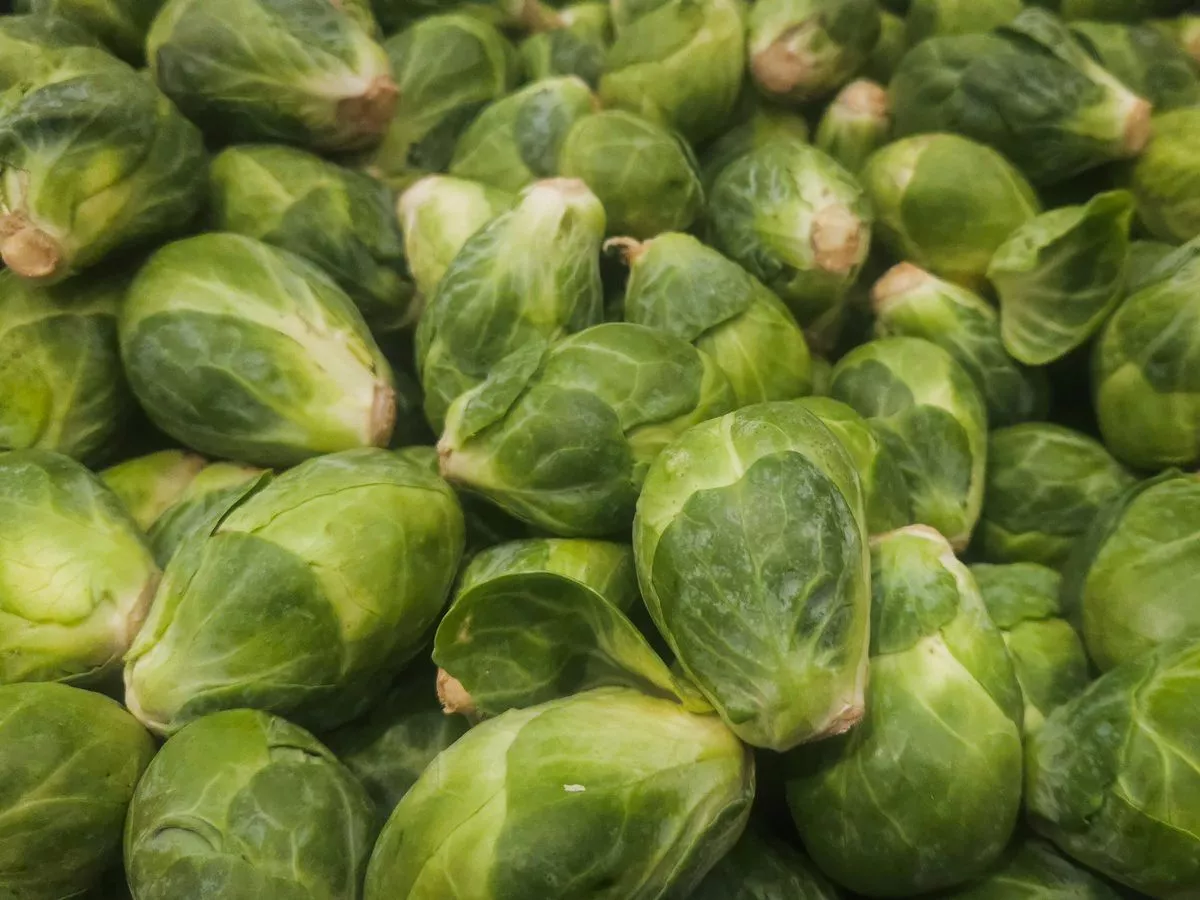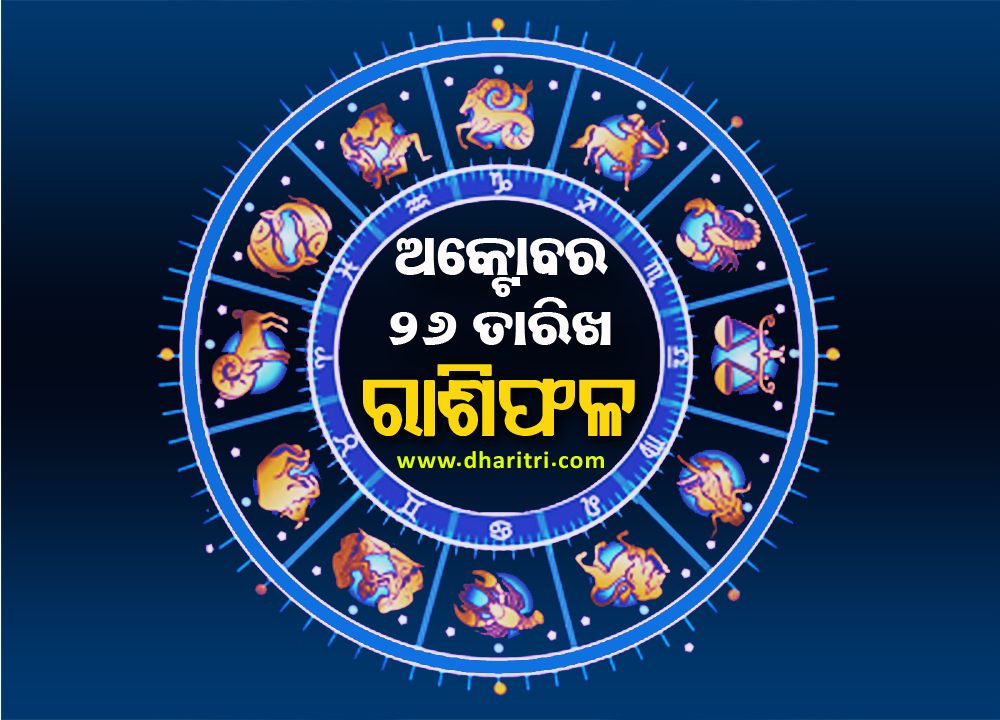Copyright walesonline

A pharmacist has detailed a list of foods some people should avoid as they can dangerously interfere with commonly precribed medication. Ian Budd, Prescribing Pharmacist at online pharmacy Chemist4U , said common foods and drinks can interfere with everyday medication, sometimes making them less effective, and in other cases, increasing the risk of side effects. While most people know things like alcohol can interact badly with some drugs, there is also a risk from seemingly innocent food and drink like broccoli, milk, cheese, cranberries and grapefruit. Foods like cranberry, aged cheeses, cream, Brussels sprouts and even grapefruit can be more common over the festive season - but can also interfere with some medications. Ian said: “As pharmacists, our goal is to help people understand how to use medications safely and effectively, and food plays a bigger role than many people realise. Even choices we think are healthy, like fruits, vegetables, or supplements, can sometimes affect how your medication works or how well your body absorbs it. “For example, something as simple as having grapefruit juice with breakfast can interfere with blood pressure medication, antidepressants or cholesterol medication, while foods high in vitamin K can impact how blood thinners work. These are small details, but they can make a real difference in how well your treatment does its job. “Knowing what to look out for means you can take control of your health and get the most out of your treatment. The more you understand how your medication fits into your daily routine, the safe and more effective it becomes.” Ian explained the risks: Grapefruit “Grapefruit and grapefruit juice are one of the most common causes of food and medicine interactions. They contain natural chemicals that block an enzyme in your liver, which helps break down certain medicines. When that happens, your body can’t process the drug as it normally would, so more of it stays in your system. That can make side effects stronger or more likely. “This is especially important if you’re taking medicines like statins, blood pressure tablets, some antidepressants, or immune-suppressing drugs. Even one glass of grapefruit juice can have an effect that lasts for up to one day, so it’s safest to avoid it completely with these medications.” Leafy greens “Leafy greens like spinach, kale, and broccoli [and Brussels sprouts] are full of vitamin K, which plays a big role in helping your blood to clot. Warfarin works by slowing down vitamin K’s effect, which is how it helps prevent blood clots. “So, if you suddenly eat a lot more (or a lot less) vitamin K-rich foods than usual, it can throw off the balance and make warfarin either less effective (if you eat more greens) or too strong (if you suddenly cut them off). “This is why pharmacists always recommend keeping your intake consistent rather than avoiding greens altogether.” Cranberries “Cranberry juice is often seen as a healthy choice, but it can be a problem if you’re taking warfarin. Cranberries contain natural compounds that can affect how your body breaks down warfarin, which may make the drug stronger than intended. That means your blood could become thinner, increasing the risk of bruising or bleeding. “It’s not an issue for everyone, and an occasional glass is unlikely to cause harm, but drinking cranberry juice regularly or taking cranberry supplements can be risky if you’re on warfarin. It’s always best to check with your pharmacist before making it part of your daily routine.” Dairy products “Milk, cheese, and yoghurt are part of a healthy diet, but they can sometimes get in the way of how certain antibiotics work. The calcium in dairy products can bind medicines like tetracyclines and fluoroquinolones, that are often used to treat chest or urine infections. When that happens, the medicine isn’t absorbed properly, which means your body doesn’t get the full dose and the infection might take longer to clear. “If you’re prescribed one of these antibiotics, don’t worry; you don’t need to avoid dairy altogether. Just try to take your dose a couple of hours before or after having milk or dairy foods so it can do its job properly.” Tyramine-rich foods “Foods like aged cheeses, cured meats, and fermented products contain something called tyramine, which can cause a sudden rise in blood pressure if you’re taking older antidepressants known as MAO inhibitors. This type of reaction can make you feel unwell with headaches, a fast heartbeat, or even very high blood pressure. “These drugs aren’t prescribed as often now, but for anyone taking them, it’s important to know which foods to avoid. Your pharmacist can help your spot tyramine-rich foods and give simple swaps so you can still enjoy your meals safely.” Alcohol “Alcohol is one of the most common things that interacts with medications, and the effects can vary depending on what you’re taking. It can make some drugs, like antidepressants, sedatives, and strong painkillers, much more sedating, which can leave you feeling drowsy or unsteady. It can also put extra strain on your liver or interfere with how medicines for diabetes work, making blood sugar harder to control. “It doesn’t mean you can never drink, but it’s always worth checking your patient information leaflet or asking your pharmacist what’s safe for you. Knowing how alcohol might affect your medication can help you make more confident, informed choices.”



